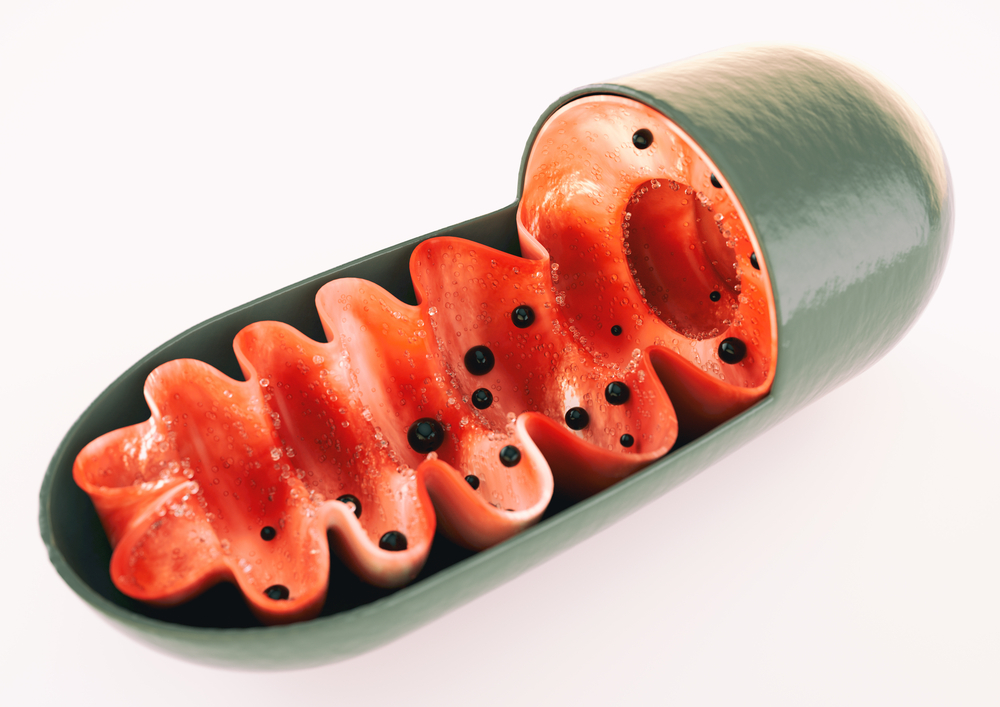Protein Utrophin Reduces Mitochondria Damage in Duchenne MD, Study Shows
Written by |

In recent years scientists have learned that the protein utrophin can substitute for the dystrophin protein that is missing in muscular dystrophy.
Researchers have now discovered that utrophin can reduce damage to energy-producing cell components known as mitochondria, whose deterioration is linked to MD. The reduction in damage improved the muscle health of mice with Duchenne muscular dystrophy.
Summit Therapeutics and collaborators from the University of Oxford presented the findings at the 15th Action Duchenne International Conference 2017 in Birmingham, England, Nov. 10-12.
Mutations in the gene that produces dystrophin, which is necessary for healthy muscle cells, are the cause of Duchenne MD, scientists say. Utrophin is functionally and structurally similar to dystrophin, and previous preclinical-trial studies have shown it can improve muscle performance.
Summit makes a compound called ezutromid (SMT C1100) that is designed to trigger utrophin production in people who lack dystrophin, such as MD patients. Ezutromid is a drug called a utrophin modulator.
In addition to discussing the study dealing with utrophin’s ability to improve DMD patients’ muscle health, Summit discussed the results of a Phase 2 trial of ezutromid at the conference.
Dr. Kay Davies of the University of Oxford, the co-founder and scientific advisor of Summit Therapeutics, made the mitochondria-related presentation. He said the partners’ research showed that giving utrophin to mice lacking dystrophin reduced damage to their mitochondria.
Damaged mitochondria are partially responsible for a process called oxidative stress, which contributes to DMD patients’ muscle problems. Oxidative stress is an imbalance between the body’s production of free radicals and its ability to counteract their harmful effects.
“My team at the University of Oxford continues to gather scientific evidence showing how utrophin can substitute for dystrophin in animal muscle and prevent many of the molecular hallmarks of DMD from occurring in these animal models,” Davies said in a press release.
Davies also discussed research showing that ezutromid improves the muscle health of mouse models of DMD. The changes in health that the compound generates “have the potential to lead to functional benefits, providing hope for a universal, disease-modifying treatment for families living with Duchenne,” he said.
“These new preclinical data from Professor Davies’ team at the University of Oxford provide another piece of evidence highlighting the potential of utrophin modulation in being able to treat this devastating muscle-wasting disease,” said Dr. David Roblin, Summit’s chief operating officer.
Summit said it would report the results of the first six months of a year-long Phase 2 clinical trial (NCT02858362) of ezutromid’s ability to improve Duchenne MD patients’ muscle health in early 2018.
“We remain on track to report the first results” of the PhaseOut trial in boys with DMD in the first quarter of 2018, Roblin said. If the findings “provide evidence of the mechanism of utrophin modulation in patients, we believe it would represent a major advancement for ezutromid,” he said. “It would bring closer to all patients a therapy that has the potential to be disease-modifying in DMD.”





